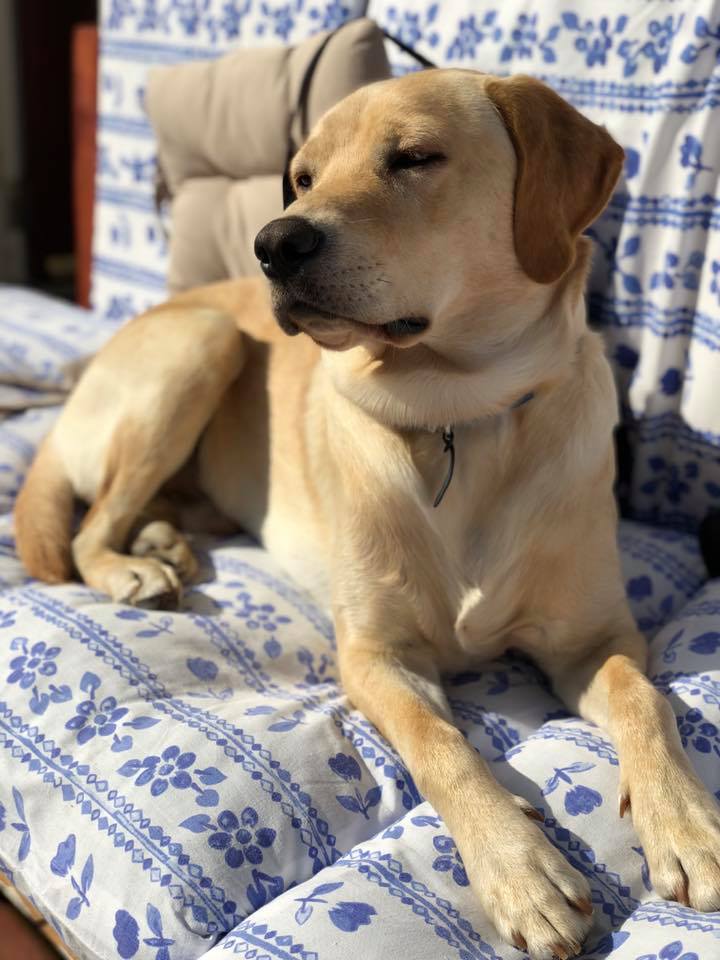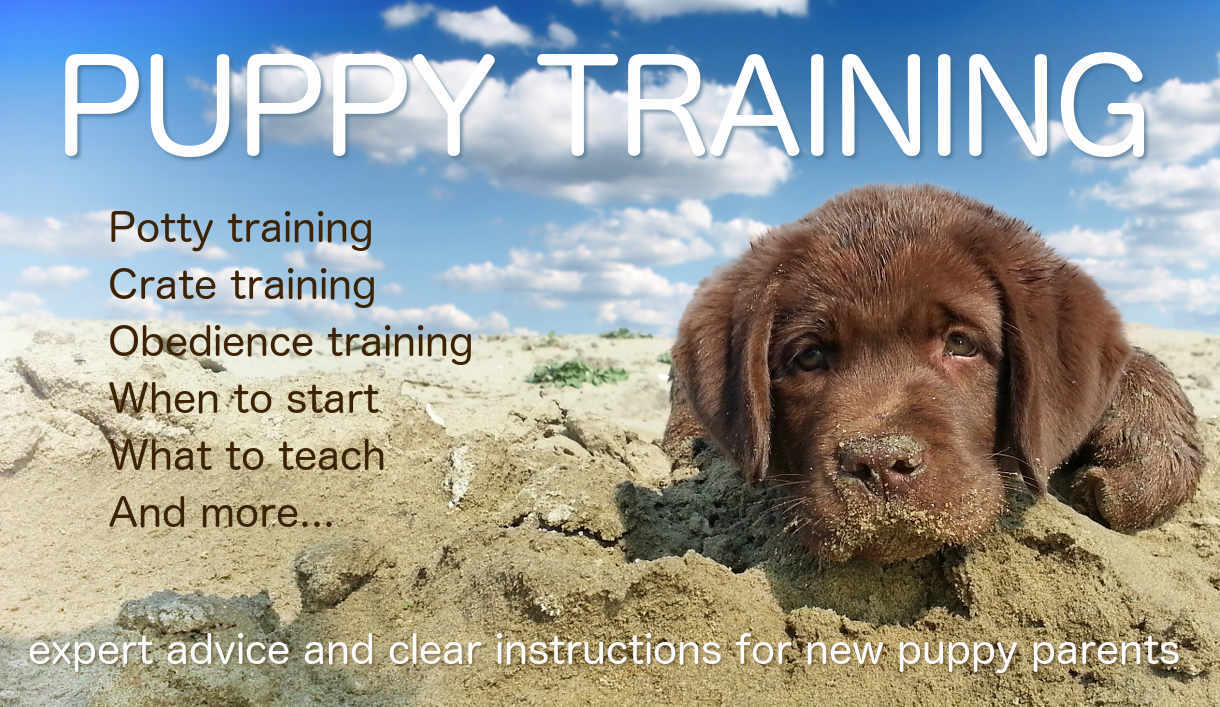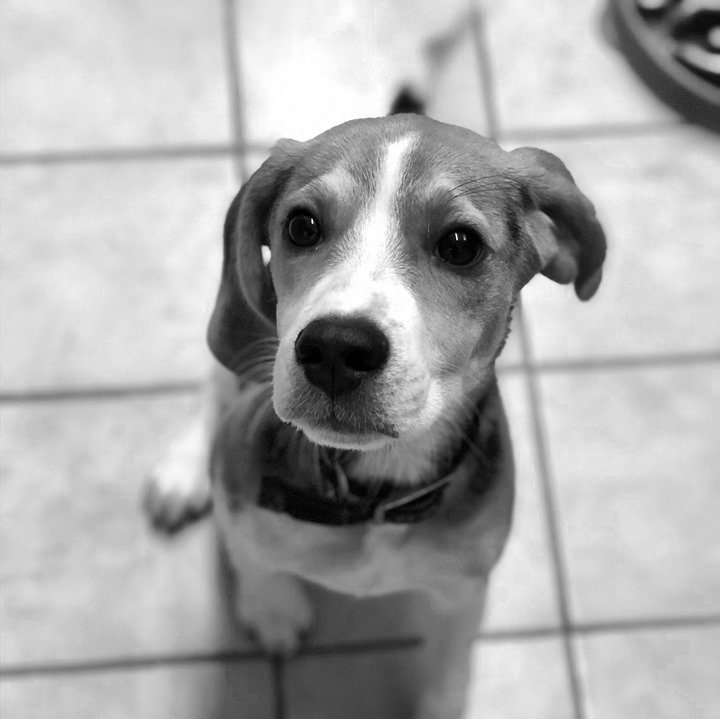Blog Layout
Puppy training- top tips part 1- Reward based training
Ms Dolittle • Jun 17, 2020
Let's look at examples of the wrong and right way to act.
Let's look at examples of the wrong and right way to act.
A) The puppy jumps up at a stranger. You tell the puppy off. Right or wrong?
Wrong!
You have rewarded the puppy with your attention (even though you were cross). This means two possible outcomes
1) The puppy repeats the behaviour to get your attention, or
2) The puppy becomes wary of you. Either way, it's not a great way to stop him jumping up
B) The puppy jumps up at a stranger. You ignore the puppy. Right or wrong?
Better!
As long as the stranger does not reward the puppy with a fuss, ignoring the behaviour means there is no advantage to the puppy. If this behaviour is repeatedly ignored he will eventually drop it as not worthwhile.
C) The puppy jumps up at a stranger. You ignore the puppy. Then you distract him and ask him to sit, and reward the sit with a treat. Right or wrong?
Right!
By replacing the bad behaviour with one you can reward (sitting) he sees there is benefit in sitting (not jumping up) when approached by a stranger.
Reward based training
Key to the success of reward-based training are two things: finding the dog's favourite reward and building unpredictability into how often he gets the reward.
Favorite Rewards
Just as one person's favourite snack is chocolate and another's popcorn, dogs like different things. Indeed, some dogs are not food motivated but instead will do anything to chase a ball or be fussed over.
Most puppies under the age of 12 weeks crave attention, which gives you time to work out what else motivates him. Try out different foods such as chicken, liver cake, cheese, kibble – or anything you can think of that is safe for a dog to eat (no chocolate, grapes, or raisins – these are toxic to dogs). Also, watch his reaction to a game of tug, chase, or a fuss. You never know, he might prefer adoration to food!
Unpredictability
First build the association between the treat and a behaviour. However, a reward given every time becomes undervalued. It's too predictable, and he stops making the effort. Once he's cottoned onto the link, do NOT give the reward every time – make him work for it.
If this sounds odd, consider how a wild dog does not give up hunting rabbits just because he failed the first time. The reward is worthwhile so he perseveres. The same with a puppy. Once he understands he gets a reward at some point the unpredictable nature of the reward makes him double his efforts to please.

by Ms Dolittle
•
17 Jun, 2020
To understand reward-based training, it helps to understand a puppy's mind at work. A puppy learns about the world in order to understand which actions benefit him and which are potentially dangerous. In his mind, a puppy divides experiences into three groups: Good Bad Indifferent
© 2018. The content on this website is owned by us and our licensors. Do not copy any content (including images) without our consent.




























